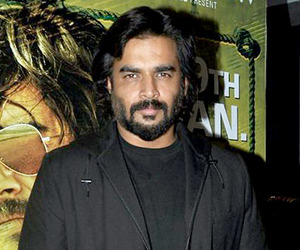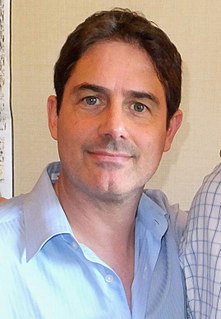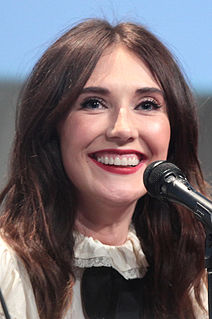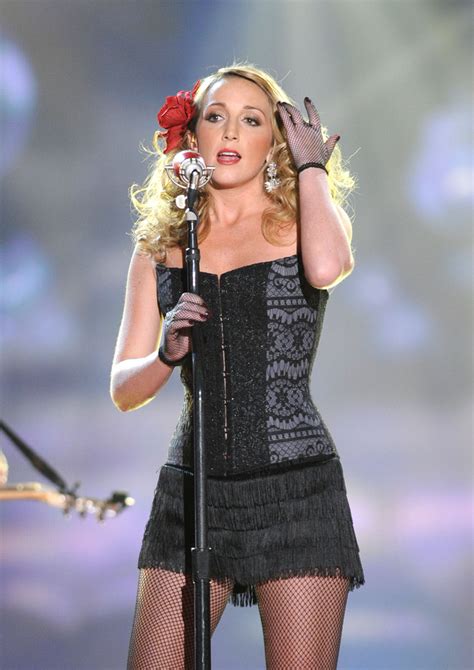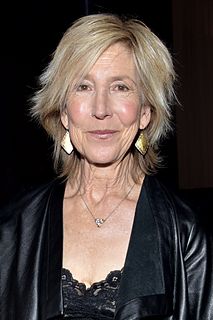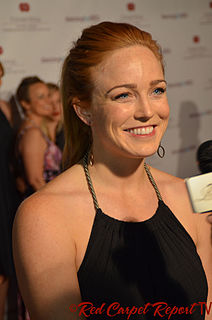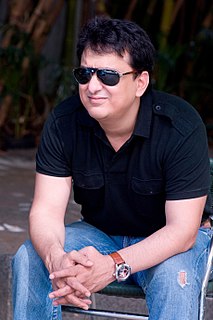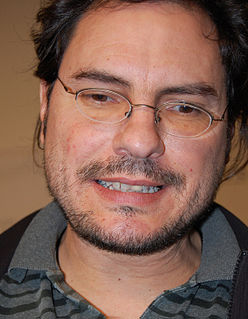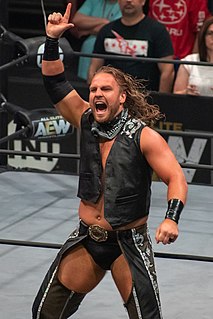A Quote by Mani Ratnam
When I did my first film, I had a fair idea of what I liked and what I didn't while watching an actor in front of the camera. After I finished the film, I thought I had exhausted everything I knew. As I moved from one story, setting and character to another, I discovered something new.
Related Quotes
I realised after doing 'Tanu Weds Manu' that I had become fat and was not performing to the mark. I realised that I had become a terrible actor. I did 'Jodi Breakers,' which did not do well. So, I moved away from the film industry and lived with the common man to know where I was lacking and what do they want from an actor.
I met Michael Snow and Stan Brakhage the second day after I arrived, you know. I had never seen or heard of Brakhage. For me, it was a revolution, because I was well educated in film, but American-style experimental film was known to me in the abstract, and I had seen practically nothing. I had seen a film then that Noël Burch had found and was distributing called Echoes of Silence. It was a beautiful film, three hours long. It goes forever and it was in black and white, very grainy, and I saw that film and I thought...it was not New Wave. It was really a new concept of cinema.
Being an actor in TV or movies is different. A film or TV actor, if put in theatre, won't know certain dimensions, while a theatre actor won't know certain things when he comes before the camera. So I think a film actor can learn emoting from this theatre counterpart, while the theatre actor can learn about camera techniques from the film actor.
[Maigret Sets a Trap] was always going to be the first film, and it seemed to be quite a nice story. But of course it meant that here I was playing this new character for the first time, in a place where he had been a relative failure, as all these people had been murdered and the pressure was on. Rather than starting optimistically with his pipe in front of the fireplace, he was in quite a difficult place.
After I read the story of 'Dangal' and before the film released, I called director Nitish Tiwari asking him if he had any good script. He told me to wait for some time. So we had three-four sittings, and this film, 'Chhichhore,' came to him. The film did not have superstars, but I felt that this is the script that needs to be told.
When I was writing the script, I knew didn't want to make a sports movie. I was very clear that I wanted to make a sibling rivalry story. So when I was writing the script, the football was getting in the way of the drama. One day, I saw Michael Haneke's Funny Games, which is probably the most violent film I've ever seen - but the violence is off camera. When I finished watching the film, I said, 'Hey, that's what I have to do.' Haneke gave me this solution.



